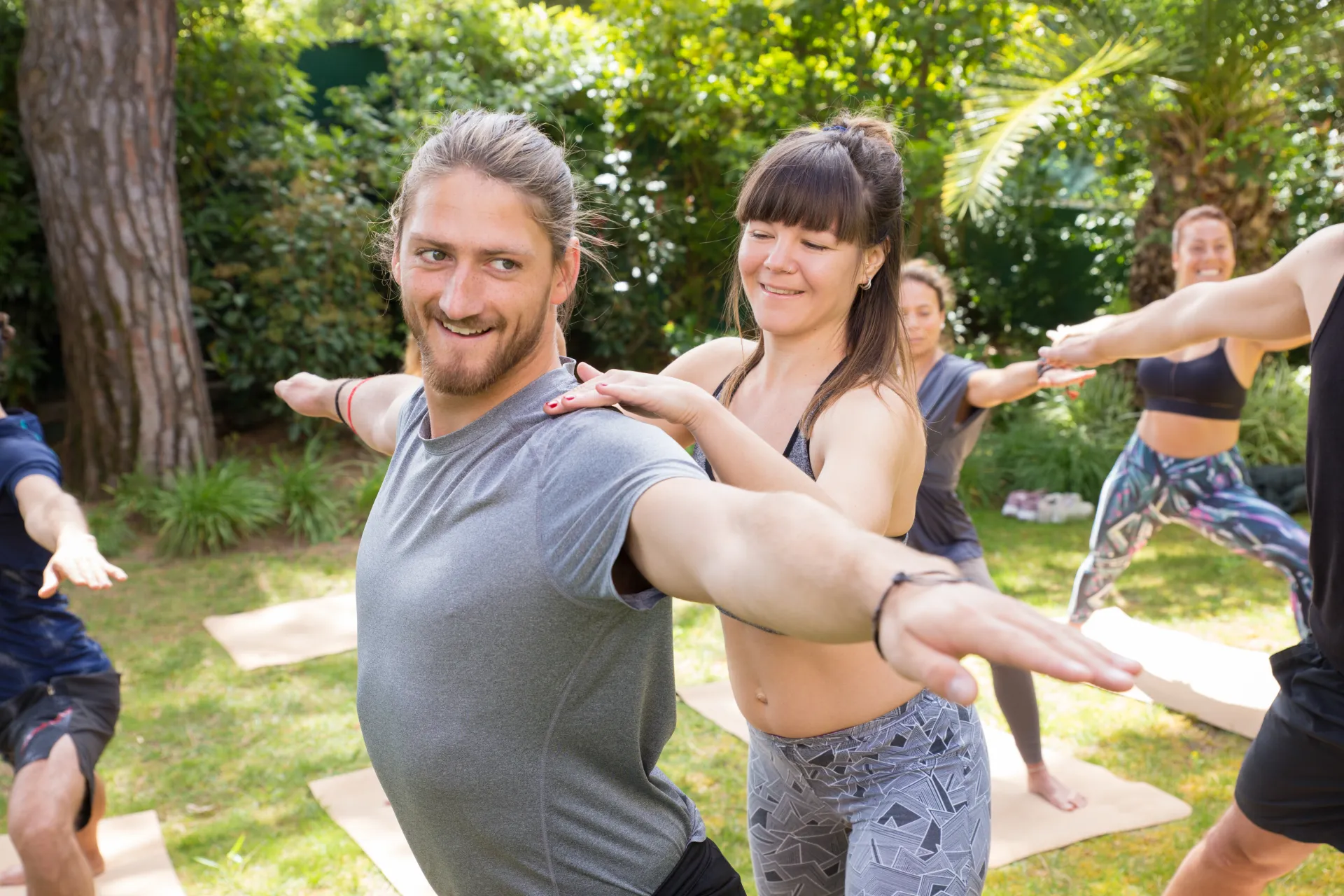We all have something that drives us—some interest or instinct that lights us up. For some, that spark is health. Maybe you're the go-to person for home remedies or you light up when discussing gut bacteria or better sleep routines. That passion can be more than personal. It can be powerful. When you use your enthusiasm for wellness to advocate for others, you become a bridge. You connect information to people, hope to those who need it, and access to those who’ve never had it. This takes intention, action, and an understanding that the ripple you start can go farther than you think.
Start Where You Are
You don’t have to wait for the perfect platform or a big moment. Your everyday life is already a springboard for change. Whether you’re talking to coworkers about meal prep or helping a neighbor understand their new diagnosis, these small, unpolished exchanges count. Real advocacy often begins informally—through conversations at the grocery store or text threads that spiral into discussions about mental health. Use what you know, speak from your experience, and keep it real. People respond to authenticity way more than perfection.
Get Loud in Your Own Way
Not everyone wants to be on a stage, and that’s fine. Advocacy doesn’t have to look like a TED Talk. Maybe your strength is writing—start a newsletter or blog. Maybe it’s your social media presence—share stories, local health events, or resources that others might miss. Your voice doesn’t need to be booming, just consistent and honest. Even a single post that resonates with someone can lead to action, whether it's them booking a check-up or rethinking how they feed their kids.
Reimagine Your Career for Greater Impact
Sometimes the most powerful way to advocate for better health is to make it your life’s work. If you're feeling pulled toward something more meaningful, changing careers to serve underserved communities can be a bold and rewarding shift. Here's something to consider: Earning a healthcare degree can equip you to directly improve the well-being of individuals and families who face the greatest barriers. Thanks to the flexibility of earning an online degree, you can continue working while preparing for a future where your skills make a real difference.
Know the Power of Listening
Being passionate about health can sometimes make you eager to share and teach, but don’t underestimate the impact of listening. Sometimes what people need most is to be heard, not fixed. When someone opens up about their struggle—whether it's navigating a chronic illness or battling burnout—pause and really take it in. Listening builds trust, and trust opens the door to long-term change. Advocacy rooted in empathy always lands better than advice tossed over a wall of assumptions.
Plug Into Local Circles
There are people in your community already doing good work. Health coalitions, food justice groups, mental wellness circles—these spaces exist and need more voices. You don’t have to reinvent anything to start contributing. Show up, learn the culture, ask how you can help. Sometimes just offering to take notes or help organize a walk-a-thon is enough. Over time, you’ll find your rhythm and where you fit best. You’ll build relationships that strengthen not just your reach but your own understanding of community health.
Speak Up at the Right Tables
You might not think of your job, school, or faith group as places for advocacy, but they absolutely are. Those environments shape attitudes, policies, and culture—exactly where health equity conversations need to live. Start small: propose a healthy snack policy at work meetings or ask your kid’s school to host a wellness day. When you're thoughtful and persistent, you plant seeds that grow into larger changes. Change doesn’t always start at City Hall—it starts in break rooms and church basements.
Support the Underserved, Not Just the Visible
Health advocacy can sometimes tilt toward what's trendy: keto diets, expensive supplements, or boutique gyms. But look around—who doesn’t have access to doctors? Who’s juggling two jobs and still trying to control their blood pressure? Real advocacy prioritizes people who’ve been overlooked, not just those who can afford to care. Volunteer at clinics, support mutual aid projects, or help someone fill out insurance paperwork. That’s where the work matters most—and where your passion becomes purpose.
Stay Curious, Not Rigid
The health world evolves constantly. What worked last year may be outdated today, and different people need different solutions. If you’re going to advocate, stay open to new information and challenge your own biases. Read widely, talk to folks outside your circle, and be okay with not always knowing the answer. The goal isn’t to be right—it’s to be useful. When people see that you’re learning with them, not lecturing at them, they’re more likely to trust what you bring to the table.
Keep It Sustainable
Burnout is real, even when you’re doing something you love. You can’t champion health in others while ignoring your own. Set boundaries. Rest. Say no when you need to. You’re not a machine, and people need your presence more than your perfection. This is long-haul work—make sure your pace honors your energy. When you show others what healthy advocacy looks like, you give them permission to do the same.
You don't need a title to make a difference. Just a heartbeat and a desire to help. Your love for health isn’t small or niche—it’s a tool that can crack open bigger conversations, shift local norms, and empower people who never thought wellness was for them. And it starts by saying, “I care enough to try.” Let that be your entry point. From there, the impact is limitless.
Join the Mississippi Association of Educators and be a catalyst for change in public education, advocating for every student and educator’s rights and success!
